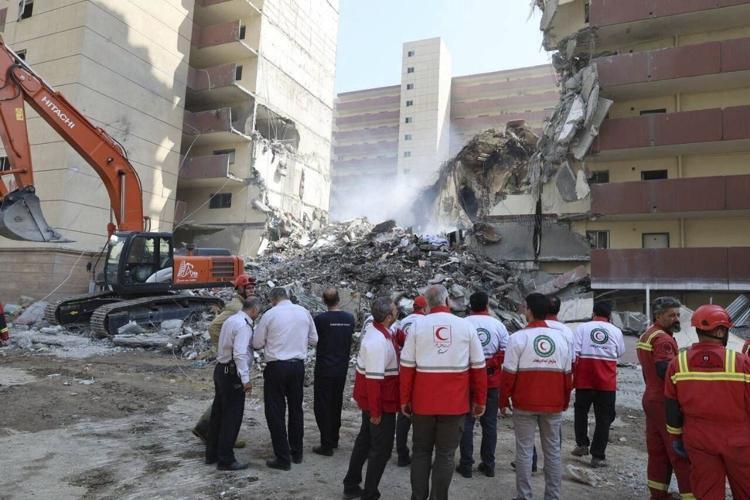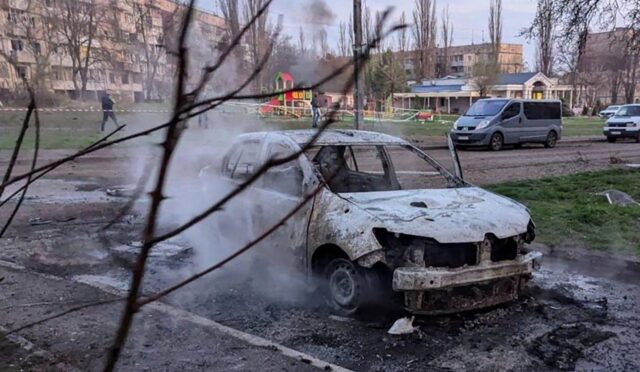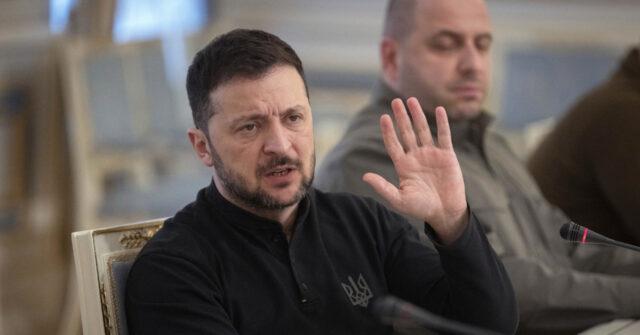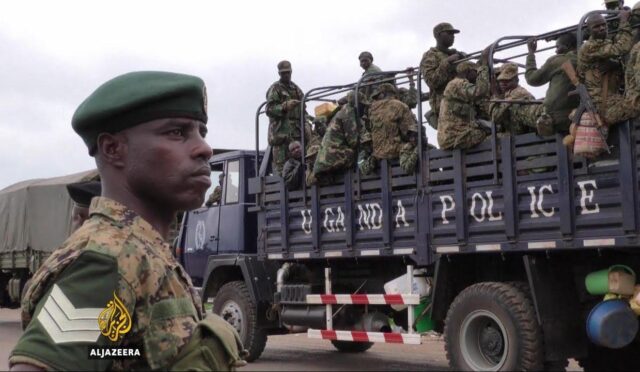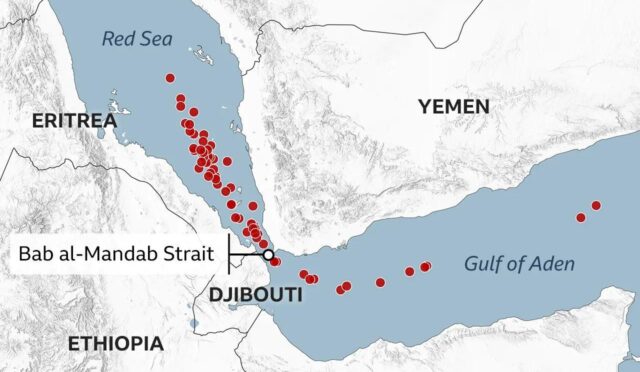Israel’s Airstrikes Impacting Iran’s Nuclear Progress
Recent Israel airstrikes on Iran have reportedly delayed Tehran’s nuclear weapon development by at least two to three years, according to Israeli Foreign Minister Gideon Saar. In an interview published in the German newspaper Bild, Saar asserted that these military actions, which have targeted numerous nuclear and military installations, have resulted in considerable damage, including the deaths of key military leaders and nuclear scientists.
Saar emphasized the significance of this offensive, commenting, “The elimination of those individuals who were leading and advancing the weaponization of the nuclear program is extremely important.” This suggests that Israel sees its military initiatives as crucial to national security and limiting Iran’s nuclear ambitions.
Israel Committed to Neutralizing Nuclear Threat
Despite the achievements, Saar asserted that Israel will continue its efforts until the perceived threat from Iran is fully neutralized. “We have already achieved a lot, but we will do everything we can. We will not stop until we have done everything within our power to eliminate this threat,” he declared, reiterating Israel’s resolve in the ongoing conflict.
In stark contrast, Iran has firmly denied allegations of pursuing nuclear weapons and has responded to Israel’s aggressive campaign, which began on June 13, with its own series of drone and missile attacks. This escalating conflict raises tensions in the region and highlights the complicated dynamics between the two nations.
Israeli Objectives Amid Ongoing Tensions
During the interview, Saar clarified that while Israel’s military operations are intense, the government has not set ‘regime change’ in the Islamic Republic as a goal. This statement underscores a focused military strategy aimed solely at curbing Iran’s nuclear capabilities rather than attempting to alter its political structure.
As hostilities continue, the region watches closely. Many analysts and observers question how far Israel is willing to go to ensure its security and what implications these actions will have for broader Middle Eastern relations.
